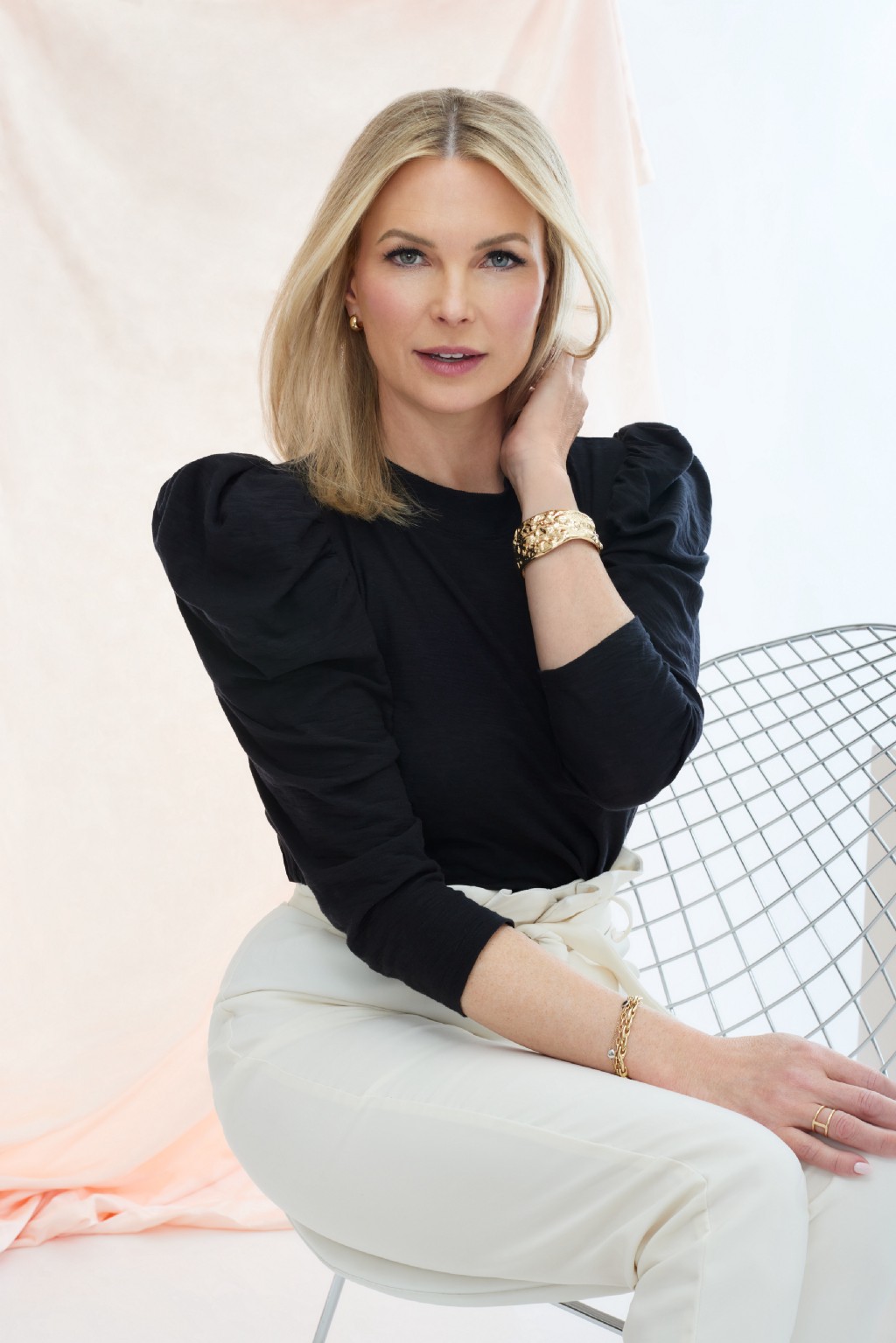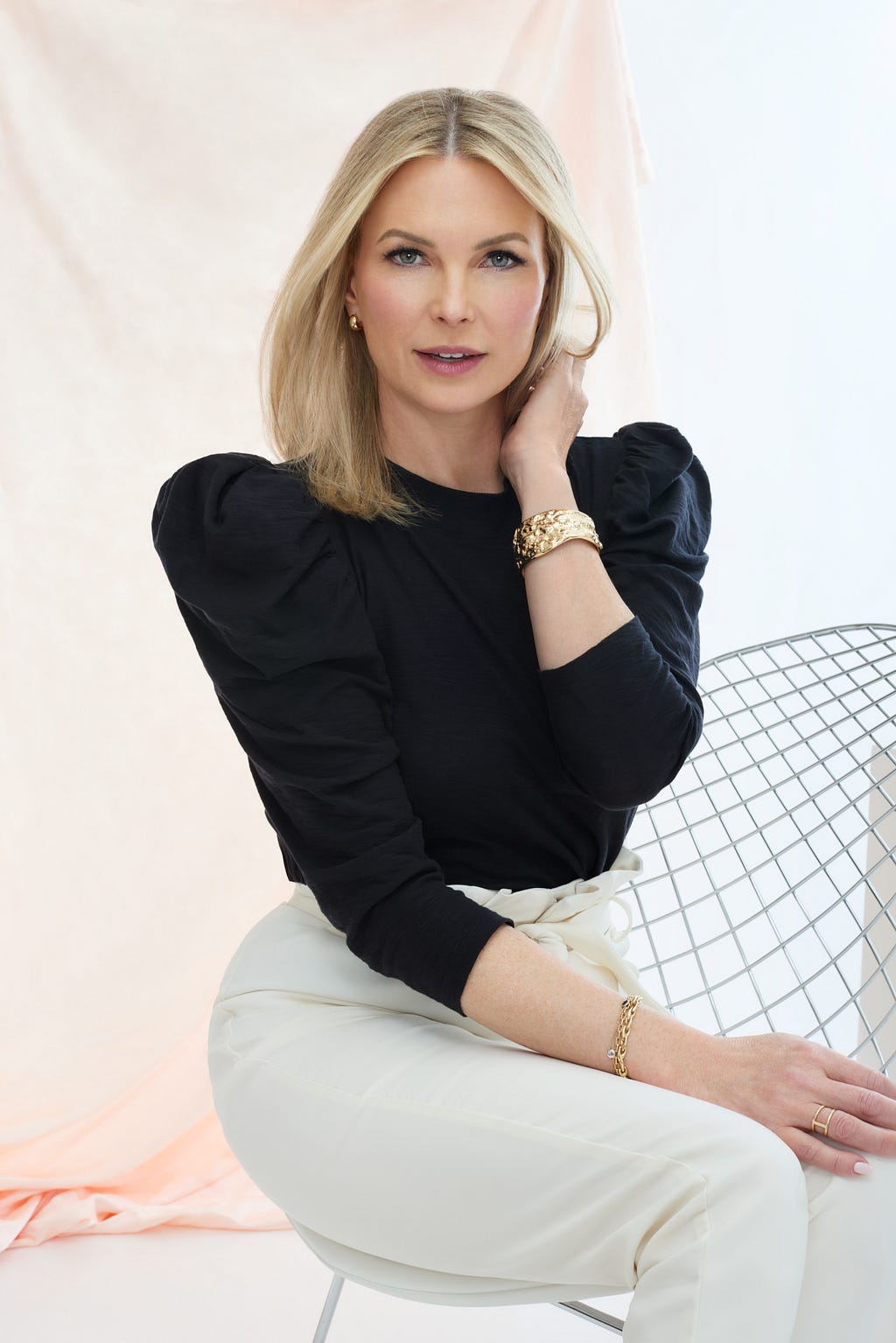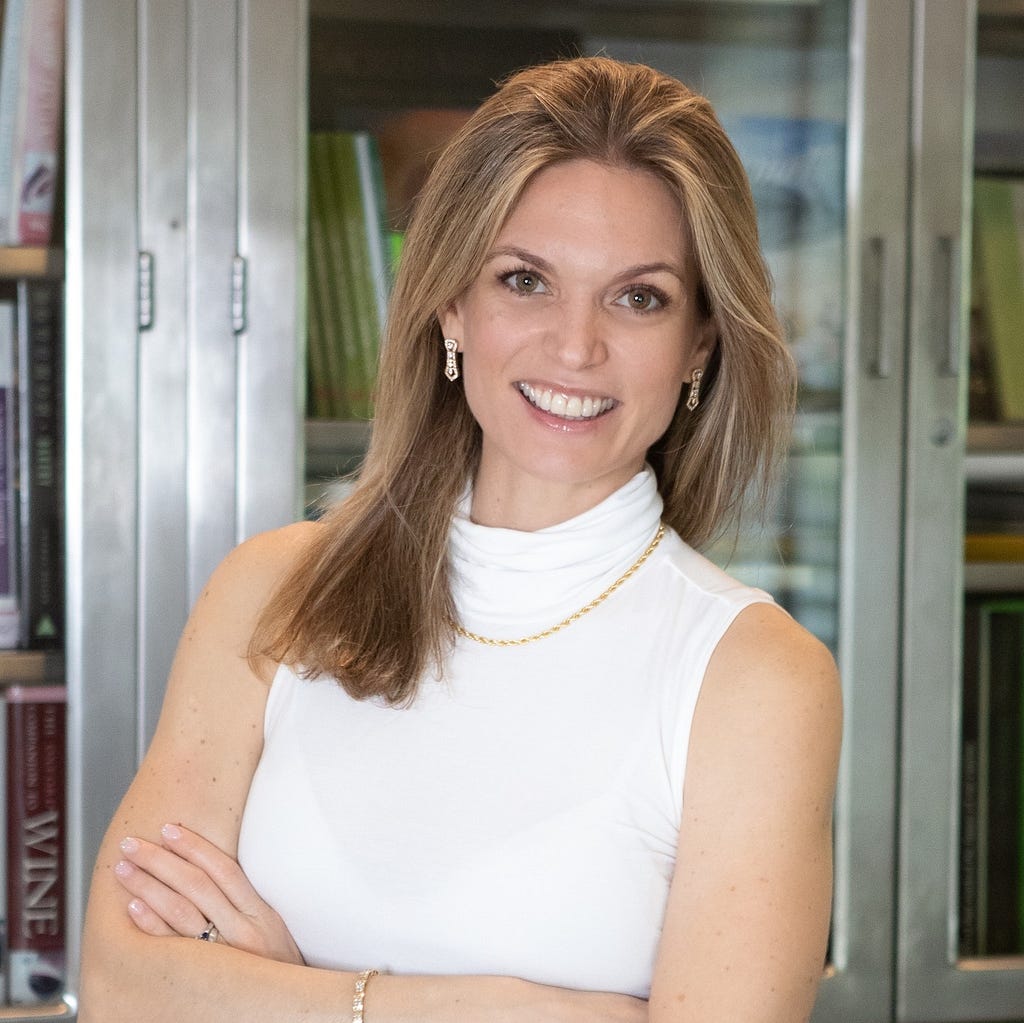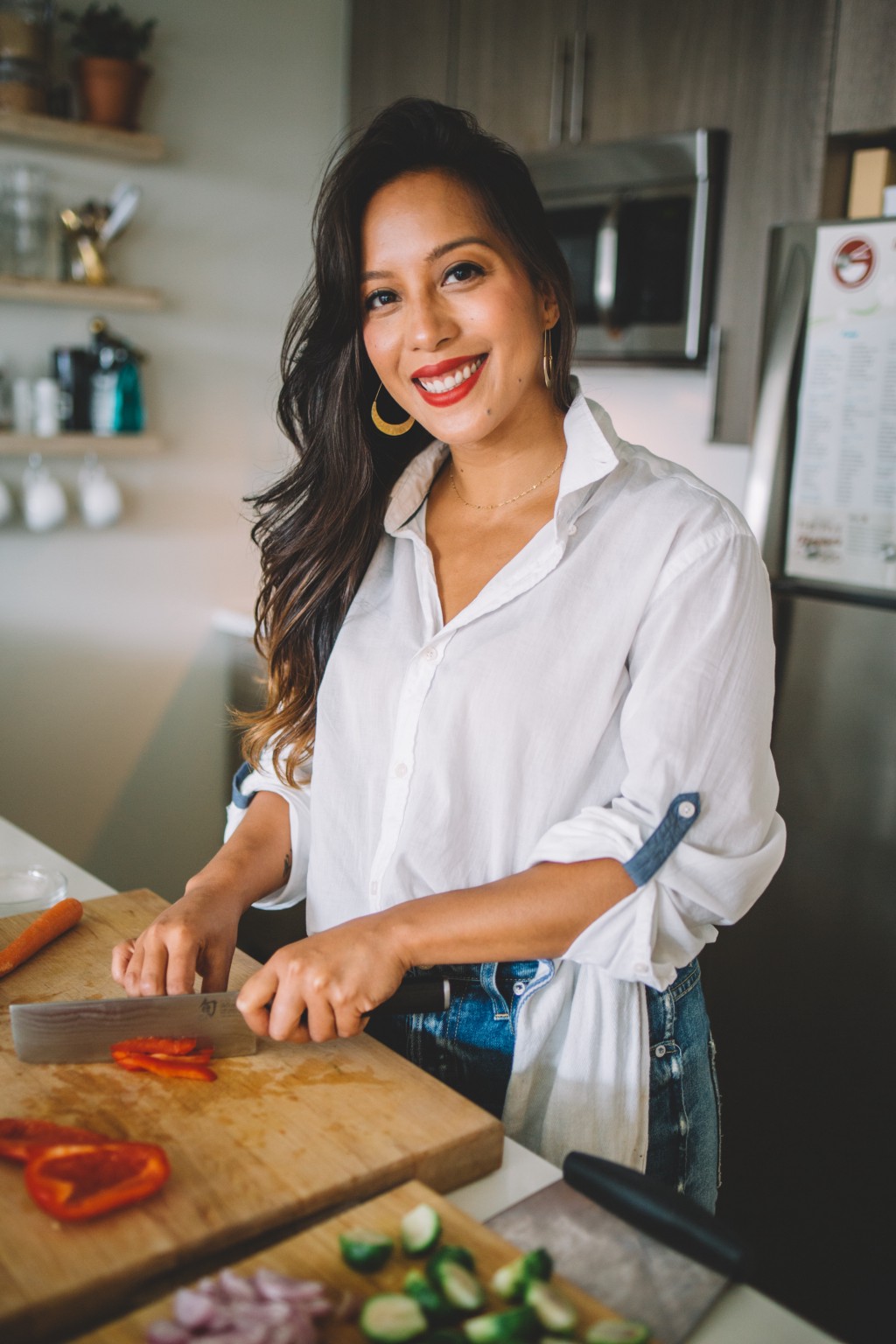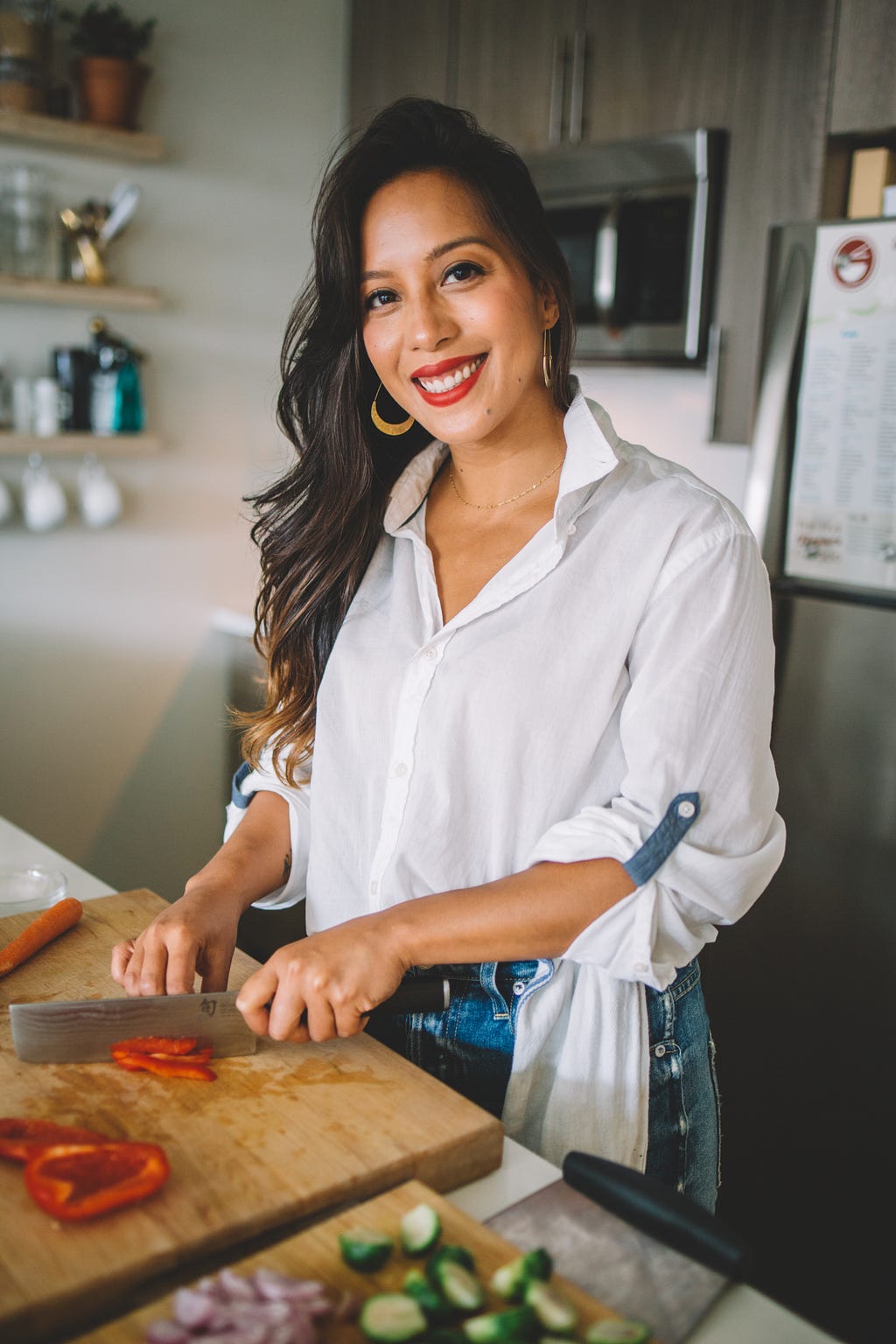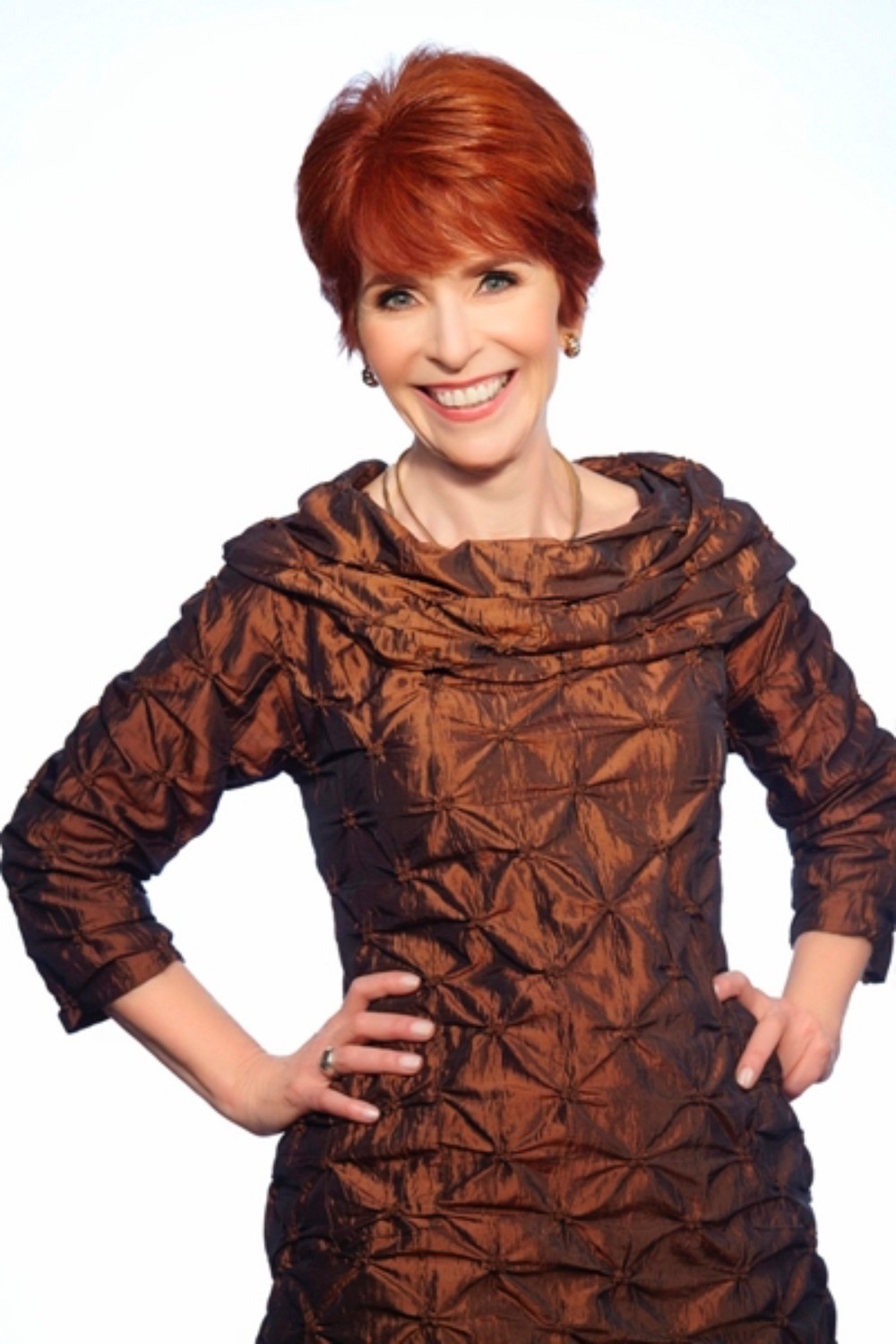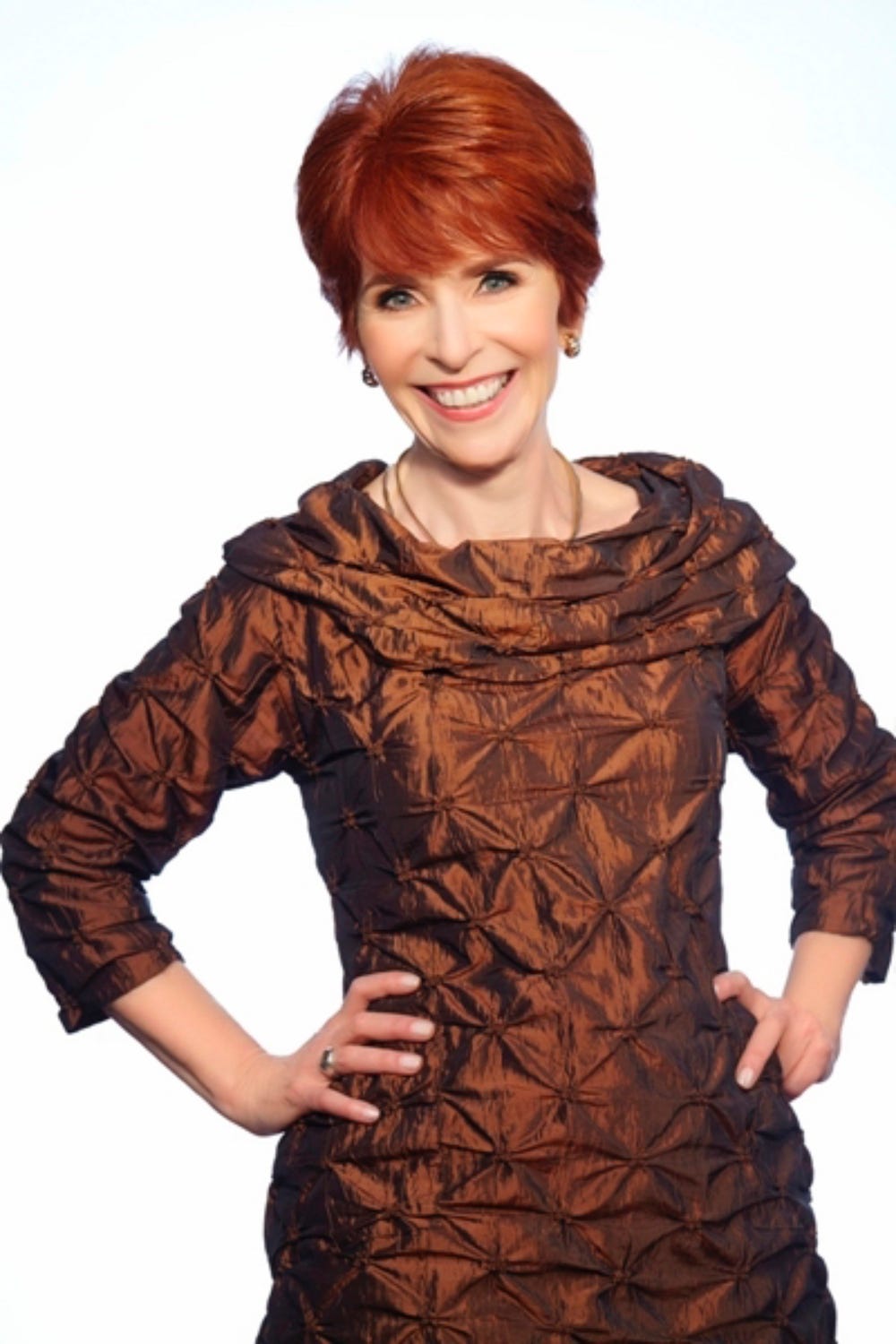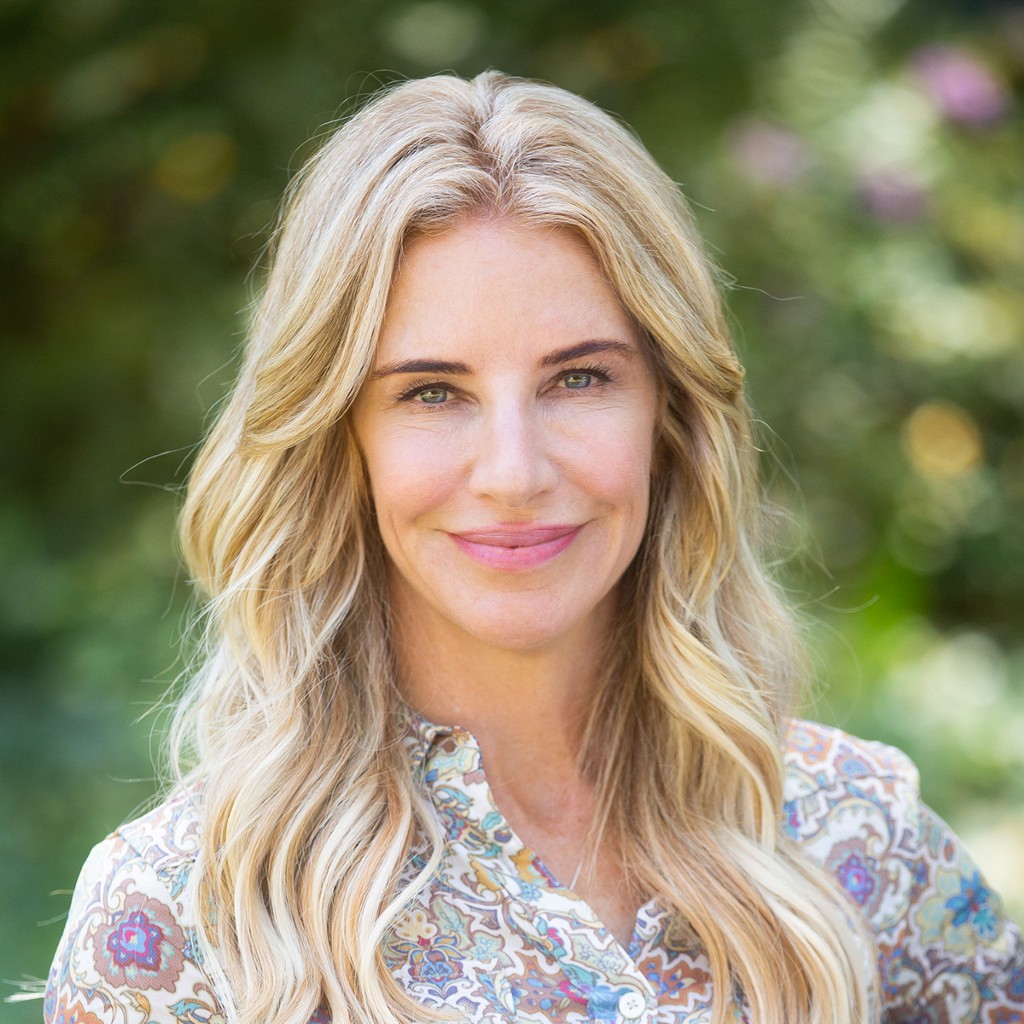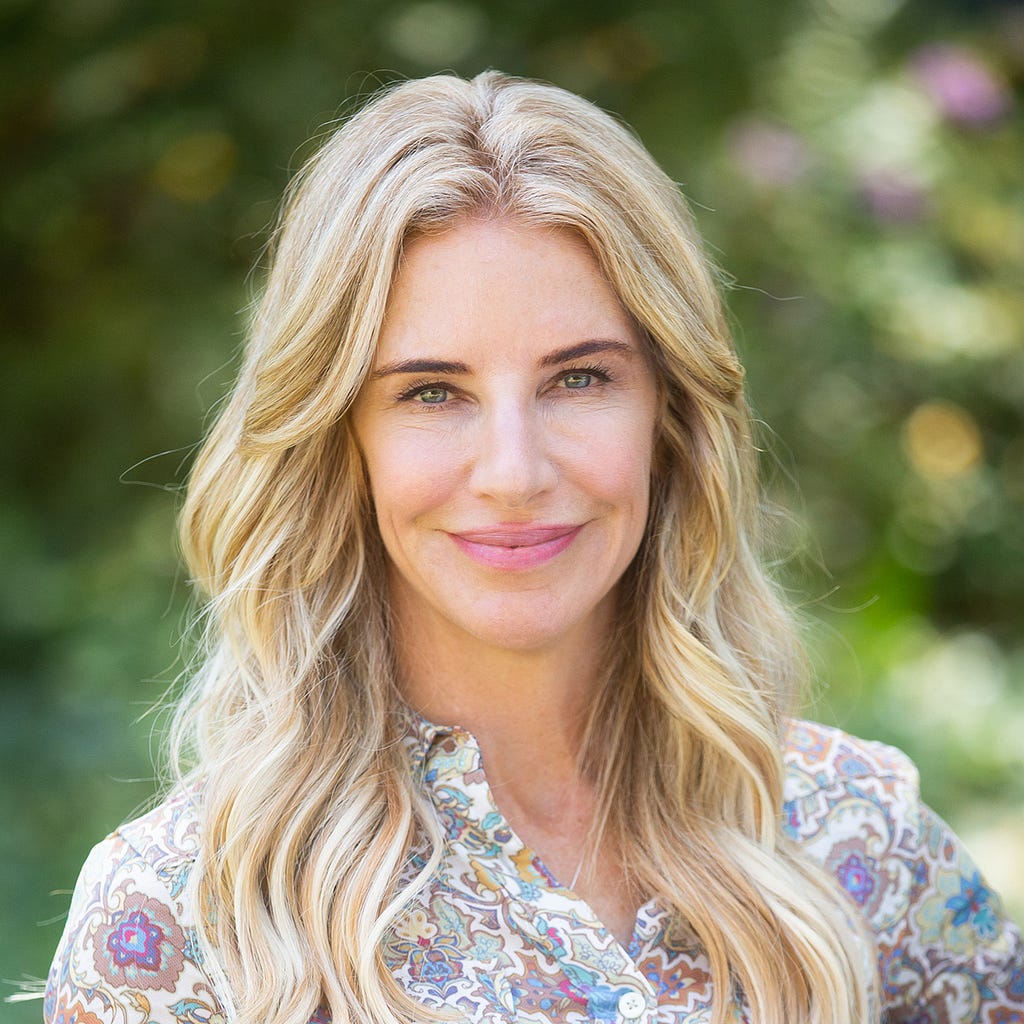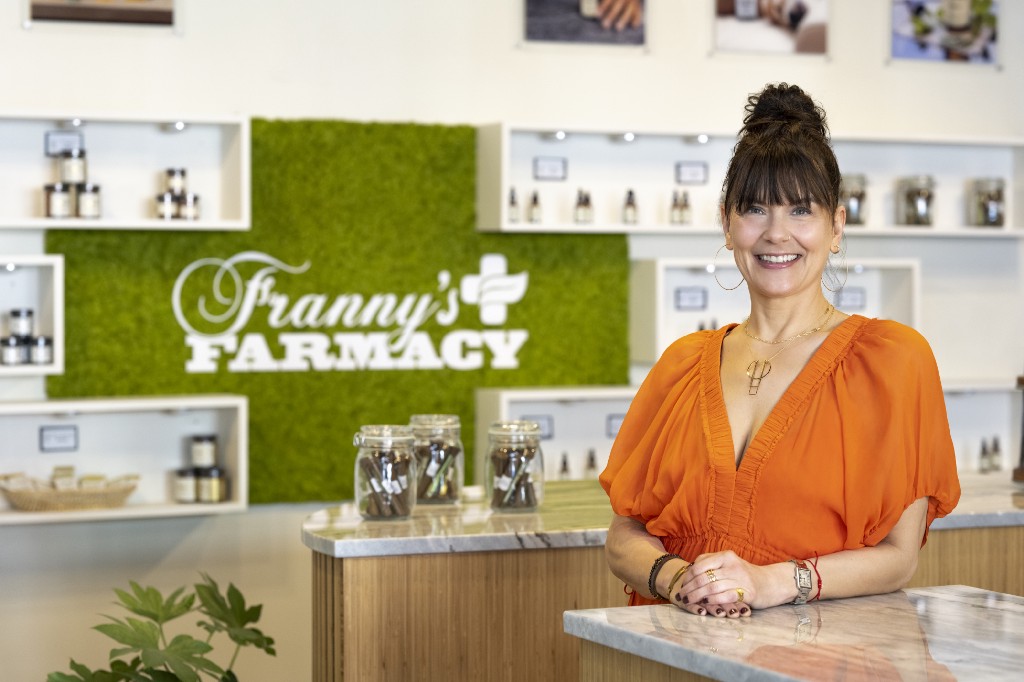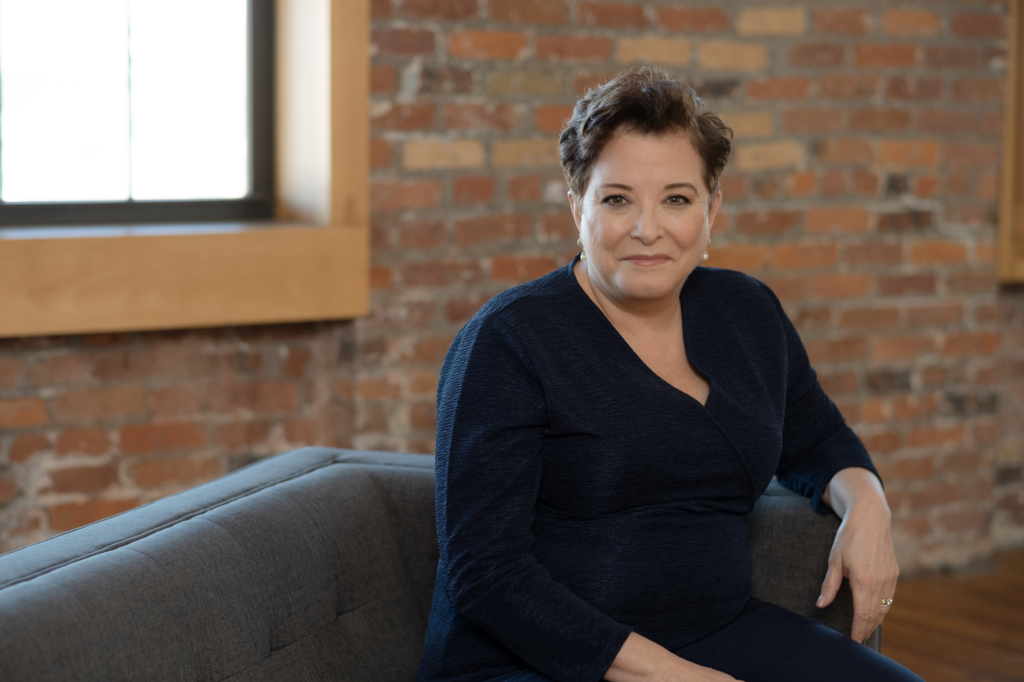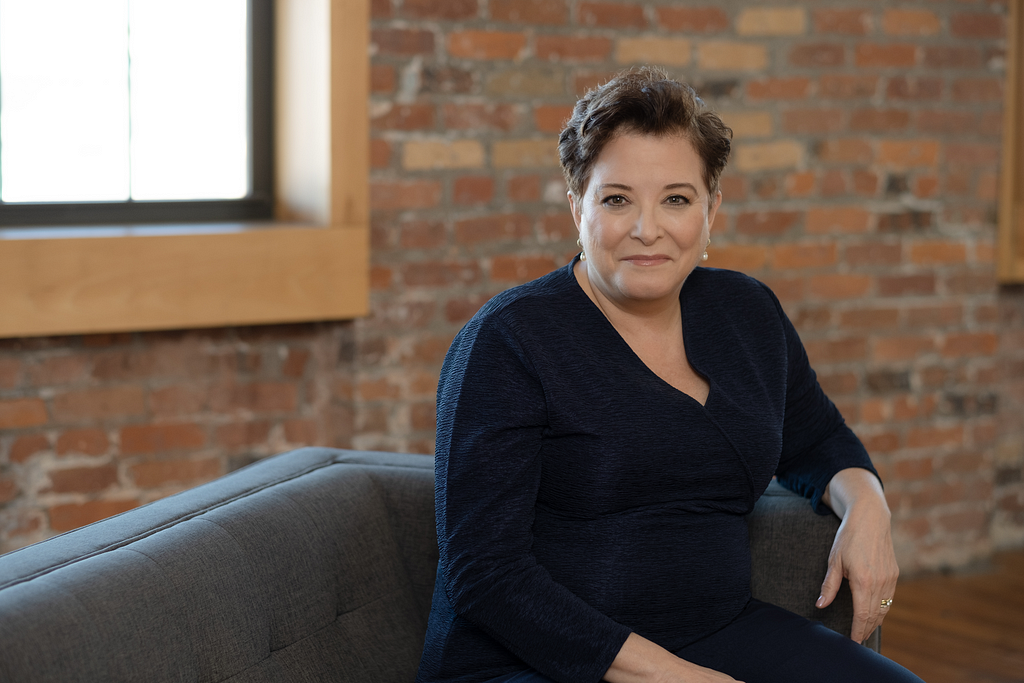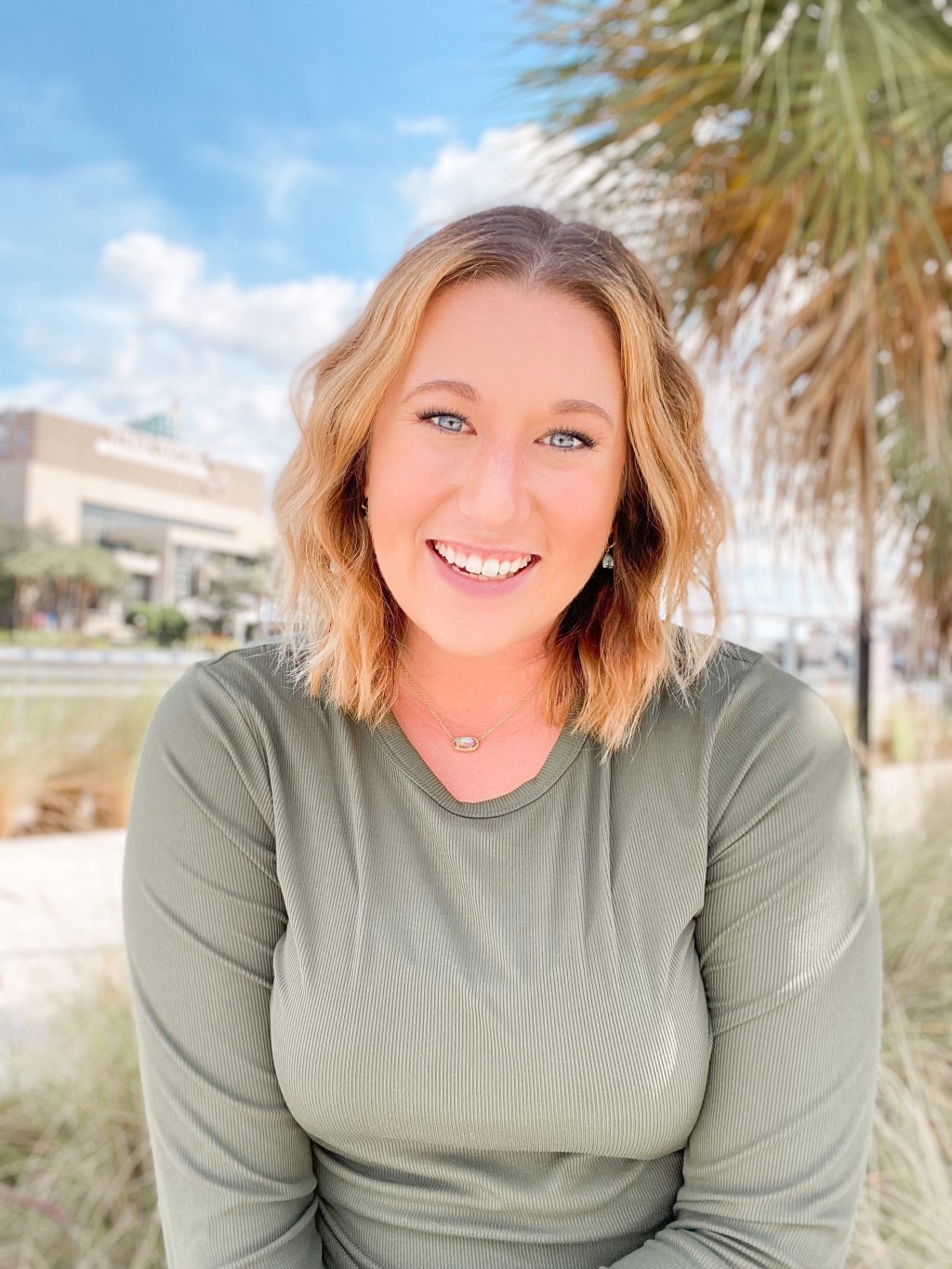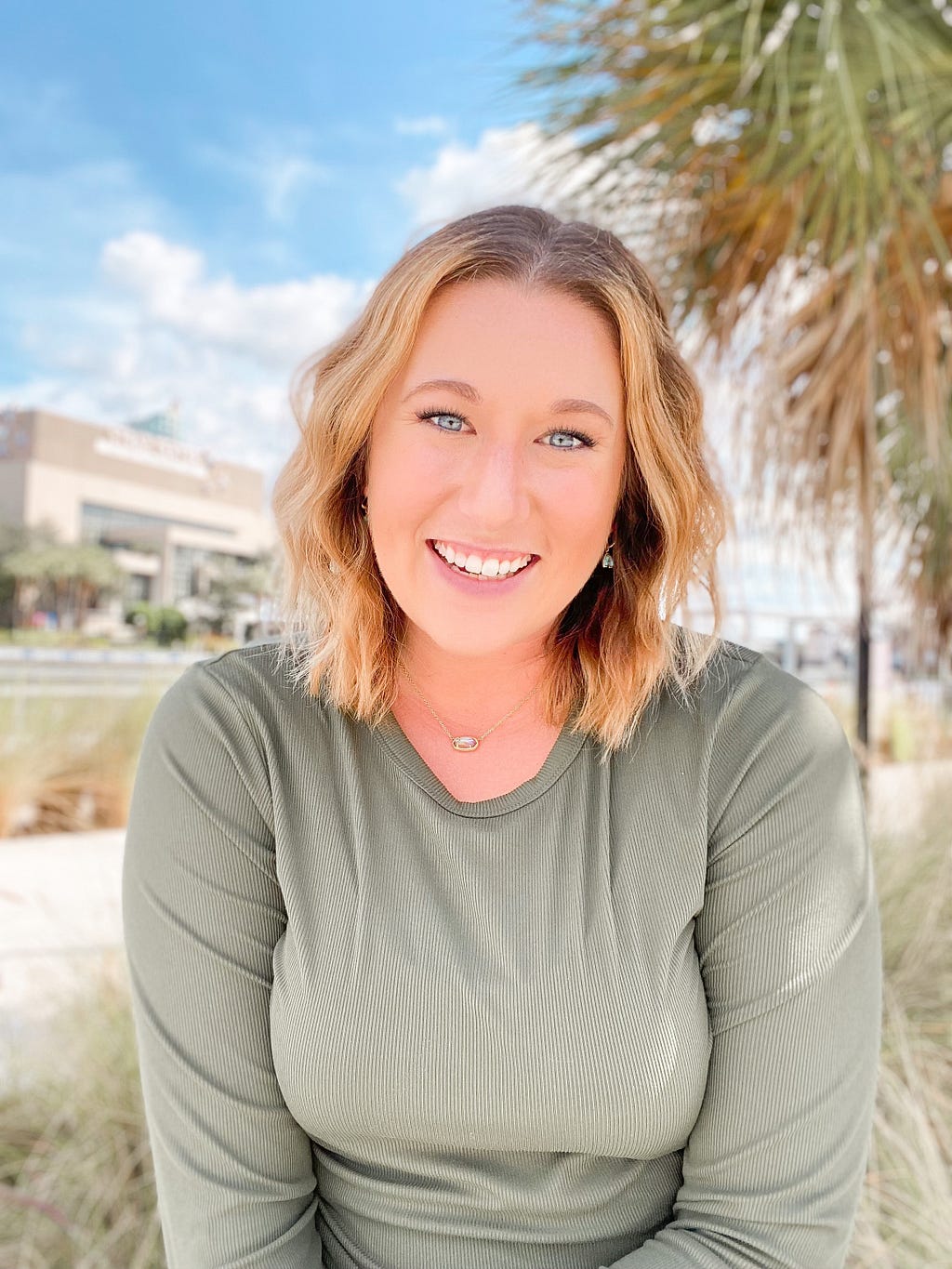Female Disruptors: Dr Zeenia Kaul of ReHeva Biosciences On The Three Things You Need To Shake Up Your Industry
An Interview With Candice Georgiadis

You can’t be successful without failure. In science, nine out of 10 lab experiments may fail, but that one successful experiment propels you forward — and keeps you going.
As a part of our series about women who are shaking things up in their industry, I had the pleasure of interviewing Zeenia Kaul.
Zeenia Kaul, Ph.D., M.B.A., is the Co-founder, CEO and Chief Scientific Officer of ReHeva Biosciences. A molecular and cell biologist with 11 years of experience in oncology, Zeenia is paving the way for 100 percent naturally-derived drugs to help people live longer and healthier with cancer. Born in India, raised in Japan, educated in Australia, and fluent in multiple languages, Zeenia founded ReHeva in 2016, and today the biopharmaceutical startup’s cancer-fighting drug, RH324, is in FDA Phase 1 Trial.
Thank you so much for doing this with us! Before we dig in, our readers would like to get to know you a bit more. Can you tell us a bit about your “backstory”? What led you to this particular career path?
My company, ReHeva Biosciences, is based on more than 20 years of research conducted by my parents, Dr. Renu Wadhwa and Dr. Sunil Kaul. They’re both acclaimed molecular biologists. Growing up, I saw my parents’ devotion to their research — over time, a small discovery led to 15 years of study, which resulted in the identification of a unique seed line from a common plant that would be selective in killing cancer cells while leaving the normal cells alone.
I remember being dragged to lab after school and helping my parents with chores — like washing glassware, photocopying research articles, and cataloging reagents — and accompanying them to research conferences during school breaks. At the time, I never understood why my parents took a school-going girl to aging and cancer conferences.
Then, my parents had an opportunity to do a year-long sabbatical in Sydney, Australia. I was being exposed to yet another education system, making new friends, and learning the Aussie accent. Little did I know I would later return to the same lab to pursue my graduate studies.
All this time, I was able to watch my parents’ friends solve big problems with such humility. Witnessing this had a huge impact on my life.
Can you tell our readers what it is about the work you’re doing that’s disruptive?
Our goal at ReHeva is to transform cancer treatment into disease management, much like asthma and heart disease today. We do not accept the current narrative that harmful side effects and brief remission periods are an inevitable part of cancer treatments.
Since 2016, our team of clinicians and scientists has been working to uncover and develop naturally-occurring botanical agents to treat and manage major diseases. I’ll try not to get too technical, but our transformative approach targets multiple tissues and mechanisms of action through a multi-target and multi-component, complex, botanically-derived agents. Cancer patients currently don’t have access to naturally derived drugs that are safe, effective, and affordable — and we are incredibly proud to address this unmet need.
Can you share a story about the funniest mistake you made when you were first starting? Can you tell us what lesson you learned from that?
I started ReHeva with my co-founder Bill Diffenderffer based on 15 years of peer-reviewed research on natural cancer treatment by my parents. Intrigued by the possibilities of that research, we decided: “Let’s find out if this works on people.”
Having just finished my MBA and a cancer research fellowship, I was waiting to start a consulting job, and Bill was teaching entrepreneurship at The Ohio State University.
Neither one of us had any idea what that eight-word sentence actually involved. Since so much research had already been done, we thought the process of bringing to market a human cancer treatment would be relatively simple. Four million dollars and five years later, Bill and I anticipate needing $25 million and five more years just to “find out if it works on people.”
When we tell professionals about what we thought when we first started, they laugh at how naïve we were.
We all need a little help along the journey. Who have been some of your mentors? Can you share a story about how they made an impact?
I’ve been fortunate to have many mentors who have helped me along my journey.
First and foremost is my mother, Dr. Renu Wadhwa. When I was a young girl, my parents moved from India to Japan, and my mother had to start over in Japanese society, which is male-dominated. She paved her own way, earning a second Ph.D., and never gave up on establishing herself as a leader in the field. Her relentless positivity, and the ability to “pick up crumbs and make something of them,” has had a huge impact on my life.
My Ph.D. supervisor, Dr. Roger Reddel, has also been a significant influence. He was a family friend before becoming my mentor, so I had the pleasure of seeing his serious side in the lab, but also witnessing him at home and 100 percent dedicated to being a husband and father. Roger showed me that you can be on the cutting edge and an expert, but also have a healthy balance between work and family life. He runs a leading research center with passion, humility, a drive to serve, and always a huge smile on his face.
Finally, my business partner Bill Diffenderffer has taught me so much about entrepreneurship and recognizing the possibilities. I met Bill during my fellowship and while working on my MBA at The Ohio State University. I took Bill’s class on entrepreneurship, and we connected on my cancer research as his wife’s Stage 3C ovarian cancer was recurring. Bill’s entrepreneurial experience and mentorship has helped propel ReHeva forward in ways I could not have imagined. His Zen mindset and “bring-your-best-self-every-day” attitude is something I strive for in my day-to-day.
In today’s parlance, being disruptive is usually a positive adjective. But is disrupting always good? When do we say the converse, that a system or structure has ‘withstood the test of time’? Can you articulate to our readers when disrupting an industry is positive, and when disrupting an industry is ‘not so positive’? Can you share some examples of what you mean?
Disruption of an industry is great if you are the entrepreneur doing the disruption, but not so great if you are being disrupted. Disruption is, by its nature, a double-edged sword. The key question is whether there is a net gain for the community being served.
Cancer treatment has recently been disrupted by the advancement and discoveries made in targeted- and immuno-therapies. A huge amount of the R&D resources devoted to cancer are now focused in this direction. However, these amazing drugs are only available to a subset of cancer patients, and their response to these treatments is still variable. Further, resistance to this therapy, along with its short-term efficacy and cost, are huge burdens to the patients and the healthcare industry. Given the devastating realities of cancer, there is a need for disruptive improvements. Yet, the burdens that result from these disruptions make it a two-edged sword.
Can you share 3 of the best words of advice you’ve gotten along your journey? Please give a story or example for each.
- You can’t be successful without failure. In science, nine out of 10 lab experiments may fail, but that one successful experiment propels you forward — and keeps you going.
- Don’t be afraid to ask for help. The journey of being an entrepreneur is very similar to that of a scientist — there is no “rule book,” there aren’t always clear answers, and you figure it out as you go. I am not the most connected person out there, but I’m not afraid to find capable people to help with various parts of my journey.
- Put your trust in others from the get-go. Some people say you have to earn their trust, but I operate from a different perspective: “I am working with you because I believe you are the best. You have my utmost trust until you prove me otherwise.”
We are sure you aren’t done. How are you going to shake things up next?
It’s a really exciting time as our lead compound, RH324, just started enrolling and dosing patients with advanced non-small cell lung cancer in our Phase 1 Safety Trial at University Hospitals in Cleveland.
In addition to the pharmaceutical side of things, we are working on some big innovations in controlled environment agriculture. With botanical-based drugs, there is a huge opportunity to leverage the science of agriculture. We can control how plants are grown and deliver optimum plants for future clinical use on a much larger scale. ReHeva is based in Ohio, which has a big agriculture focus, so I see enormous potential to develop botanical-based drugs through controlled environment agriculture — and bring them to market.
In your opinion, what are the biggest challenges faced by ‘women disruptors’ that aren’t typically faced by their male counterparts?
Even though my journey as an entrepreneur has been relatively short, I am fortunate to have a supportive group of mentors and collaborators and an audience that has allowed me to voice my opinions and make decisions. Still, we find it hard to attract healthcare investors’ attention. We believe that is because we are developing something they haven’t seen before — a 100 percent natural treatment for cancer. Yet, some of our “invisibility” may be because I’m a woman disruptor. I have also been helped by some successful women because I am a woman. At the end of the day, I choose to see the positive and not the negative.
Starting a company and working your way through a highly-regulated industry like pharmaceuticals is not easy. You have to be both persistent and delusional! When setbacks happen, you take 30 seconds to mourn, cry, and crawl under the bed — then come back up to solve the problem and move on. This is the truth of a disruptor’s life, and I experience it routinely.
Do you have a book/podcast/talk that’s had a deep impact on your thinking? Can you share a story with us?
During an internship at Novartis in Japan, I was given the book “Magic Cancer Bullet: How a Tiny Orange Pill May Rewrite Medical History,” by Dr. Daniel Vasella. It described the journey of Dr. Vasella and the team at Novartis discovering and developing the revolutionary cancer drug Gleevec.
After reading this book, I knew I wanted to be the CEO of a pharmaceutical company. I was fascinated by the journey of drug development and the passion those working in pharmaceuticals have for discovery, research, and creating innovative drugs that can impact the lives of thousands of patients.
You are a person of great influence. If you could inspire a movement that would bring the most amount of good to the most amount of people, what would that be? You never know what your idea can trigger. 😊
I truly feel very passionate about education. Not necessarily how people are educated, but more about ensuring students have diverse experiences. I never sufficiently appreciated meeting so many brilliant minds, and having the opportunity to travel to different countries across the globe with my parents to attend workshops, experiencing the courses they taught, and hearing about world-changing research. I was also fortunate to have this simple and minimalist way of life at a young and very impressionable age. I would love to find a way for more children to have this diverse set of experiences, as they have been instrumental to the way I approach leading ReHeva.
Can you please give us your favorite “Life Lesson Quote”? Can you share how that was relevant to you in your life?
“Curiosity to learn and keep discovering is the new way of life. Failure is the new success.”
One thing I have learned through my own experience — and constantly share with my four-year-old-son — is to be curious. We would not be here if Bill and I weren’t curious, and determined, to find out whether the drug my parents accidently discovered 15 years ago would be efficacious as a cancer treatment. I honestly didn’t know what I was signing up for, but the drive to figure it out has played a huge role in keeping us going.
How can our readers follow you online?
You can learn more about ReHeva Biosciences on our website, rehevabiosciences.com. We can also connect on LinkedIn at linkedin.com/in/zeeniakaul.
This was very inspiring. Thank you so much for joining us!
Female Disruptors: Dr Zeenia Kaul of ReHeva Biosciences On The Three Things You Need To Shake Up… was originally published in Authority Magazine on Medium, where people are continuing the conversation by highlighting and responding to this story.



